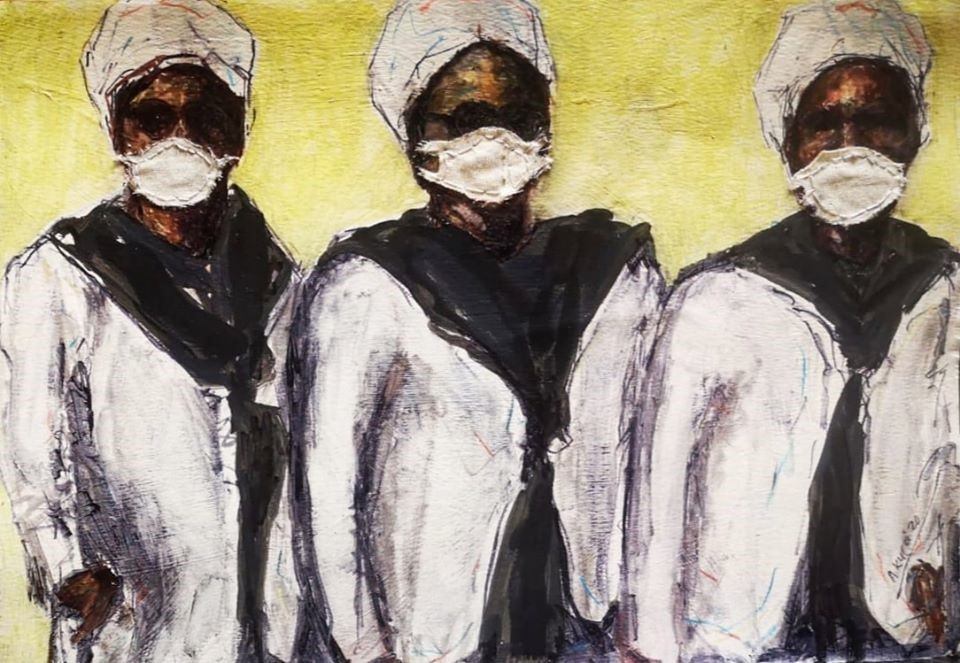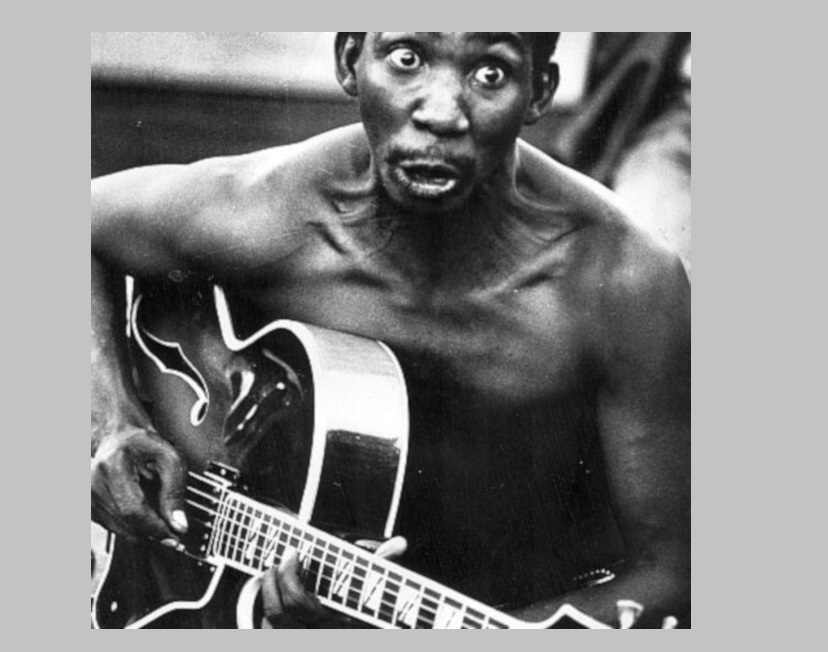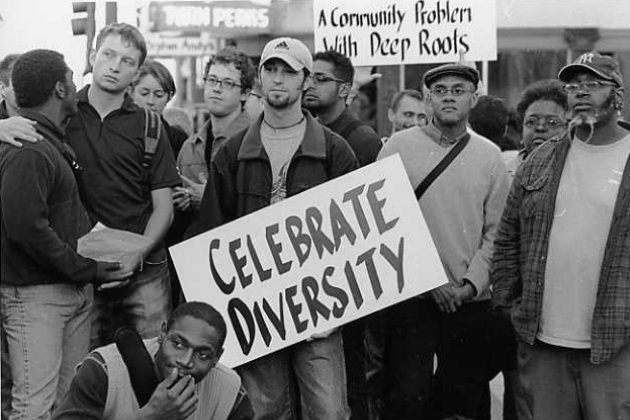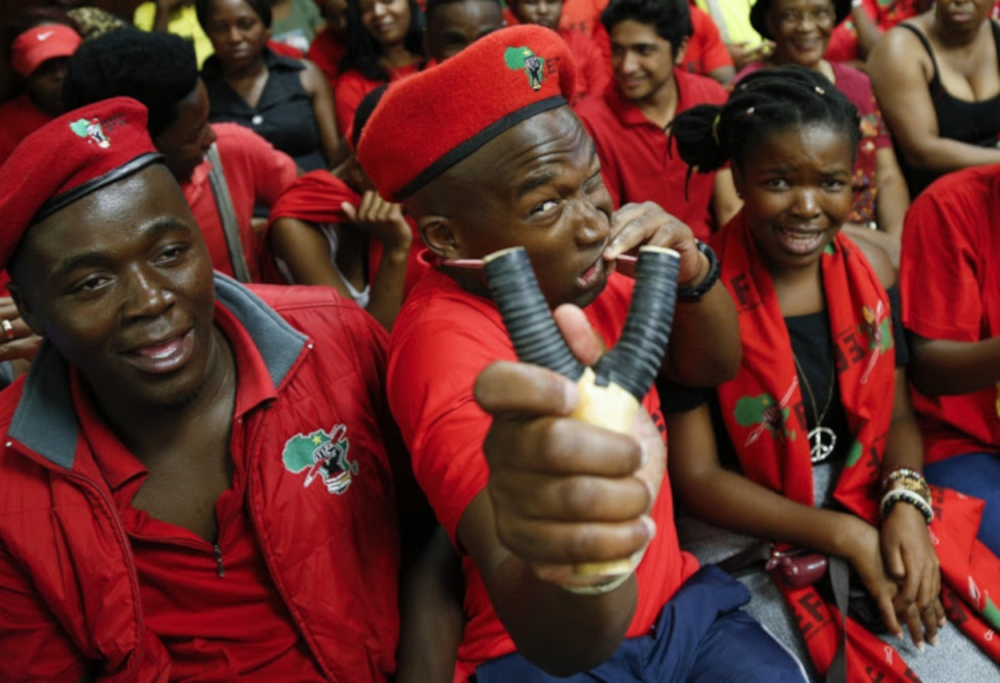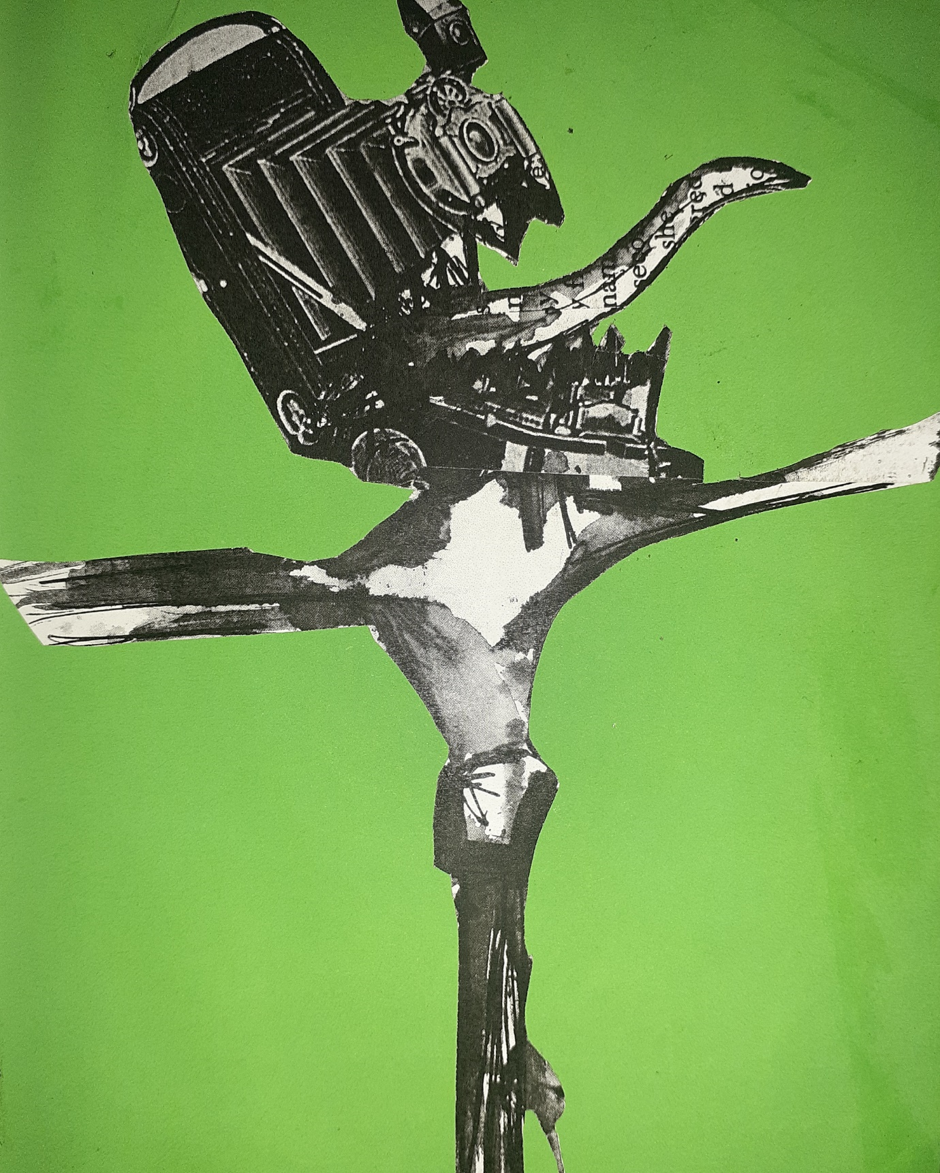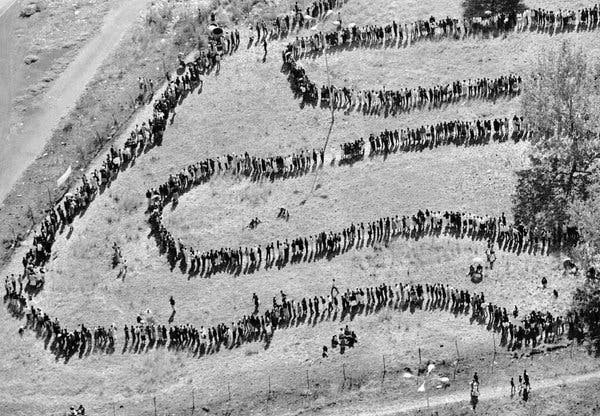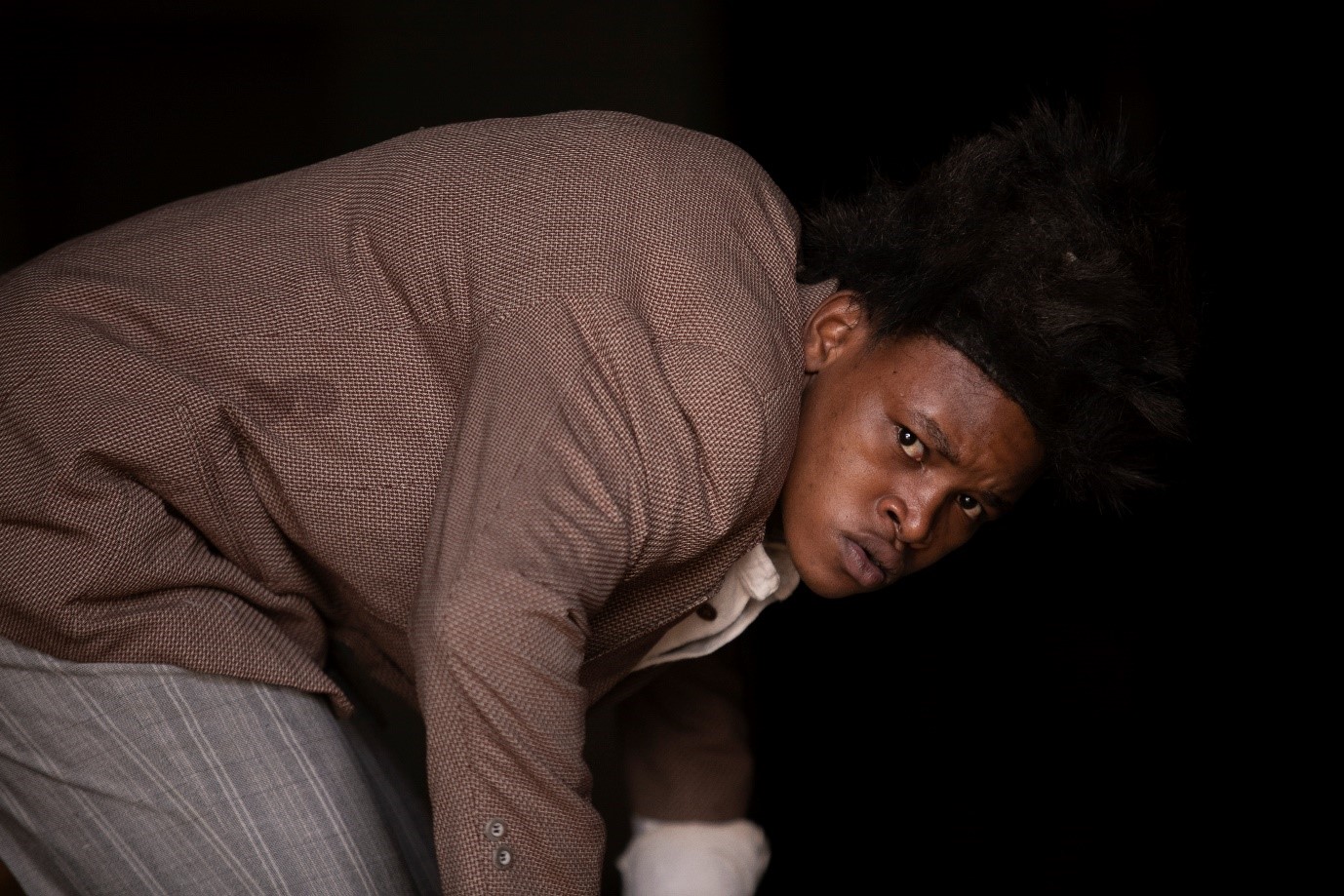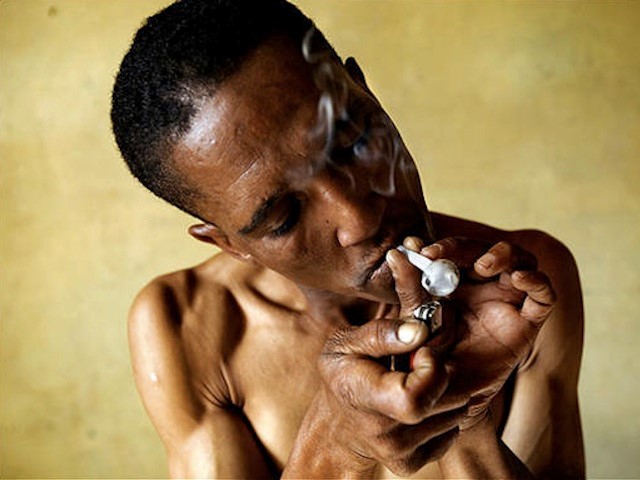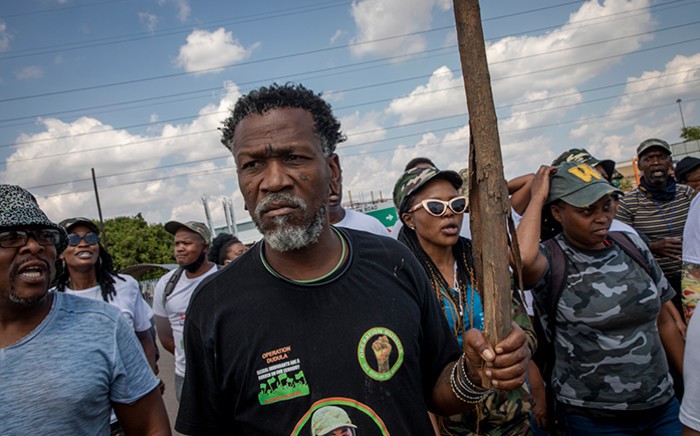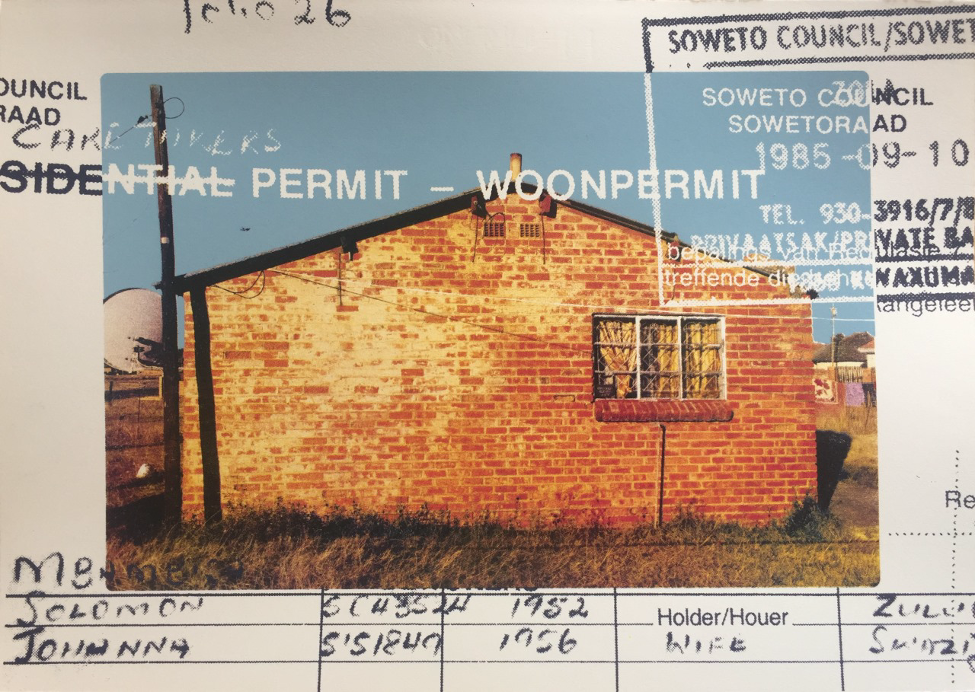The world as we know it has changed. Time is bending in a different direction, steering us into a future we did not expect. We can all agree that 2020 has become a nightmare we wish had never happened. Many of us have not experienced such an earth event except for those who lived through World War 2. It is a beautiful thing to witness humanity responding with one voice to preserve human life. In every nation, governments are working hard to keep up with the exponential growth of infections and deaths. Health workers and other essential support teams are risking their lives to fight this invisible enemy. In Afrika, Covid-19 is revealing remnants of our colonial past, as witnessed through chaotic lockdowns and complex marshalling of the masses. The bandaged wounds of social inequalities and poor infrastructure are peeling off. They reveal to us how slowly the wheels of freedom and equality turn.
Over a million people are infected by the virus worldwide and the number will continue to grow. In South Africa, mass testing is underway to track the spread of this virus. We are into our 28th day of lockdown. Our reality is changing, and we cannot control it. We have no clue what lies ahead for us nor do we have an estimation of how long this pandemic will continue to drag us into a fractured future. It is fine to feel fear, shock and anxiety during these times. It's an event we could not have prepared for, nor do we fully grasp its ramifications on our lives. In South Africa, it is estimated that our economy will contract by 5–6% in the second quarter. The country also stands to lose three weeks of GDP growth which translate to about R 300 billion. This is on top of an economy that is in recession and has been downgraded to junk status by Moody's. Yes, in the main, we are facing a calamity that seems insurmountable, but we have to reach into our human spirit and turn our fears into building blocks of change. By facing our reality, can we find a sliver of hope.
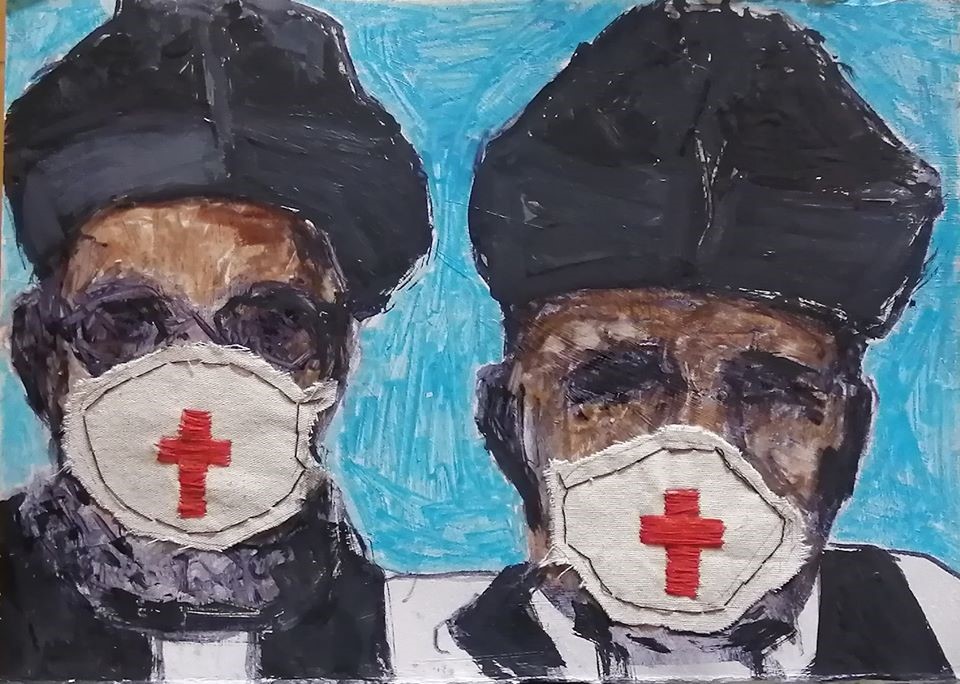
We have entered an era of less - less freedom, less prosperity, less businesses and less globalisation. In Afrika, we can liken it to a post-colonial continent, where things have not worked out quite as well since independence. The difference here is that this event threatens global order and can dismantle capitalism, its structures and powers associated with it. The freedoms we enjoy are intricately linked to capitalism, presented by the populist democracy doctrine. Our leaders have temporarily rescinded some of these freedoms and justifiably so, but can we predict whether all our restrained freedoms will be returned to us fully? Maybe sanitising our hands will become the norm at all public buildings and maybe social distancing could restrict our right to move and gather wherever we want. It is a precarious balance between freedom and justified subjugation, especially in the aftermath of a global disaster. The establishment of the United Nations in 1945 after World War 2 was a global effort to protect universal rights for humanity. This is a reality we must grapple with and prepare ourselves to face it without blinkers on.
Doctor Zweli Mkhize, South Africa's Minister of Health said, Corona Virus does not look at your passport, nationality or whether you are rich or poor. These words remind us that the world we knew last week has not been put on pause. It's not waiting for us to emerge from our lockdown and pick up from where we left off. We will be poorer after the Corona Virus. The poverty gap will increase with more people joining the unemployment line. Most Afrikan countries that are running fiscal deficits and limited policy flexibility will battle to salvage crumbling private sector businesses and state-owned enterprises. The outcome is fewer businesses operating and a nation facing mental health issues because of fewer opportunities and the means to take care of our families.
A concerted effort is being made by the private sector who are pooling their monies together to create a stimulus package for small businesses. But as we face this reality, we must ask ourselves what it means to come out of this pandemic poorer and how are we going to rebuild our economy and social order. Do we need more companies? Or should we focus our education on developing human capital aimed at boosting essential industries? Should money continue to be our definition of prosperity? I do not have all the answers, but I have quickly learnt over the past month that, if a nation's focus is only on economic gains rather than social equality for its citizens with all the rights they deserve, the disorder will occur. In a post-Covid-19 world we should not define our idea of prosperity in monetary value but in our ability to ensure that every citizen has access to healthcare, education and housing. Equally important is a new realisation that people's dignity is the highest form of prosperity and not consumerism or political hoity-toity.
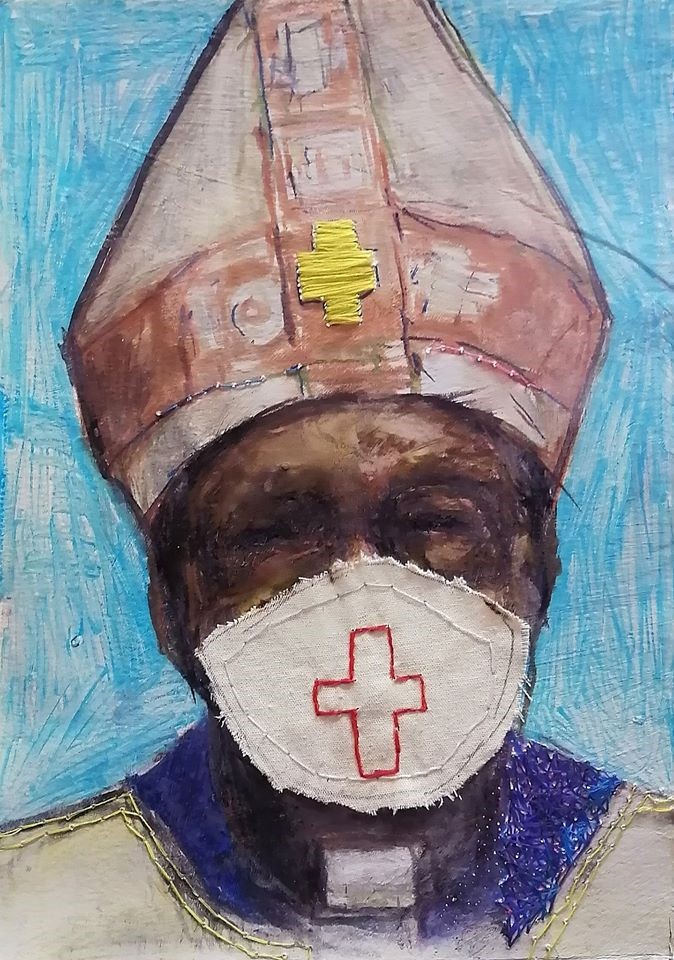
In all this, I remain the eternal optimist. I believe in the human spirit and its resilience to face challenges with determination and a sense to continuously create a better world for generations to come. I also believe that nationalism has a role to play in a post-Covid-19 world where all role-players focus inward to rebuild what they have lost. Globalisation, as we know it will come to a halt for a period while each nation re-builds its base. In this moment, a borderless Afrika should be an approach where we can fulfil the ideals of Julius Nyerere, Kwame Nkrumah, Nelson Mandela, Steve Biko and Haile Selassie. The Afrikan spirit should triumph over political hegemony, and it should encourage businesses and leaders to use this moment to re-write the Afrikan narrative.
In the end, however, it's about you and me, and the type of people we will be after this pandemic. It calls for all of us to practice mindfulness and give way to a new era of existence where everyone has equal access to health care and humane living conditions. To flatten the curve of this virus, in a way, is to flatten our egos, selfishness and to elevate the human spirit to see beyond our own desires. We need to think of the human family as a species that needs preservation. A lockdown can be a frustrating and lonely space, but it's an opportunity to cultivate our better selves and emerge as people who want to shape a better tomorrow.

